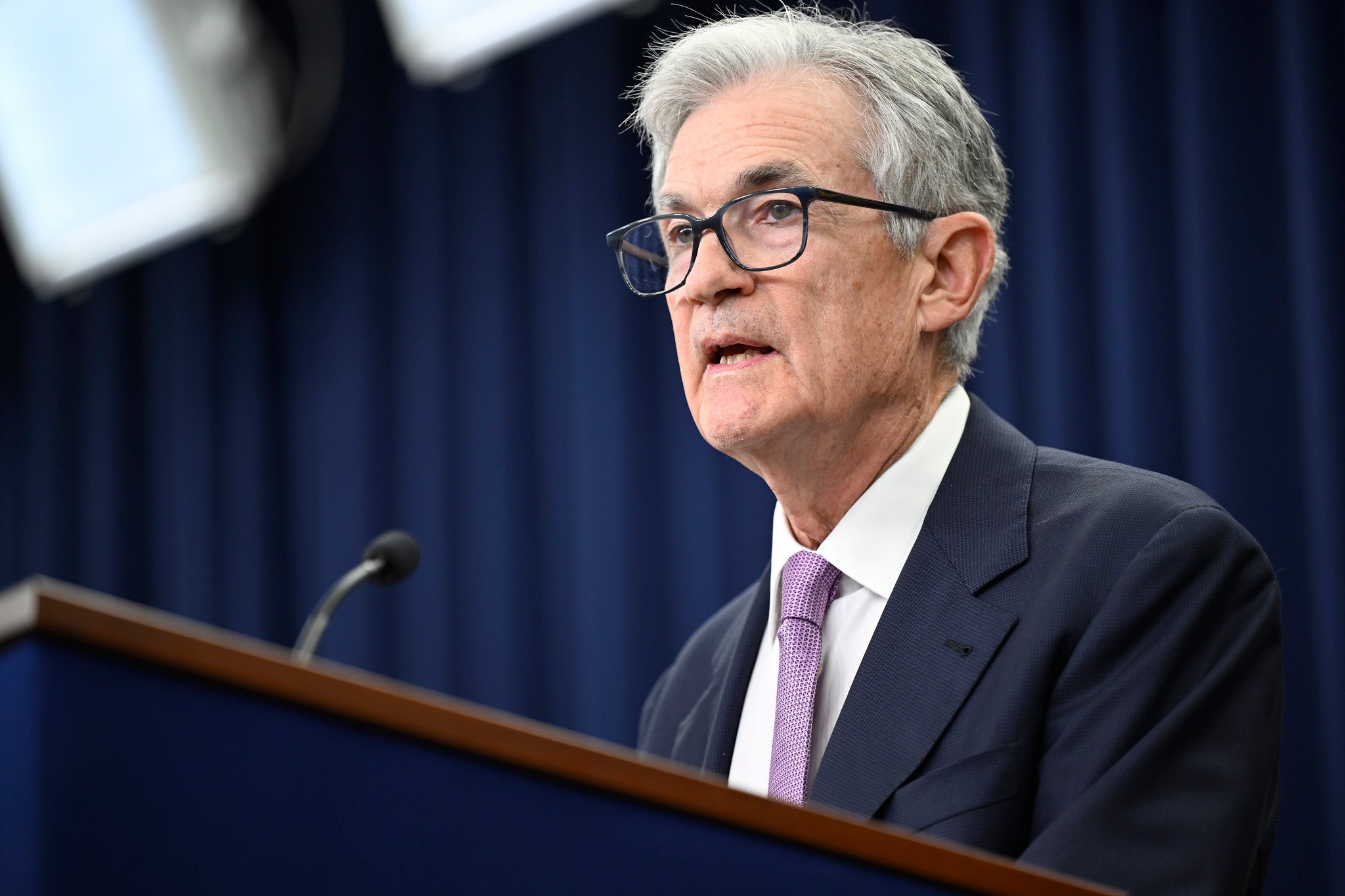
All three major U.S. indices finished higher on Friday, reversing a marketwide sell-off that began on Thursday after a Portuguese bank defaulted on some short-term debts. Worries that these liquidity issues would quickly spread to Europe and the rest of the global economy abated, but shares of Fastenal (FAST +0.05%), Family Dollar Stores (FDO +0.00%), and Chesapeake Energy Corporation (CHK +0.00%) weren't rising with their peers on Friday. These three finished as the three worst stocks in the S&P 500 Index (^GSPC 0.43%) today, which added two points, or 0.2%, to end at 1,967.
Shares of construction supplies leader Fastenal shed 4.2% on Friday, as investors recoiled at the company's second-quarter report. Nothing jumped out as too disappointing from a revenue or profits standpoint, but margins were far below expectations for the period. Fastenal itself pegs the typical range for its gross profit margin between 51% and 53%, but last quarter its gross margins came in at just 50.8%. Fastenal currently trades at 30 times earnings, so significant earnings growth -- which can be more readily achieved with increasing margins -- is expected from the company. If margins remain below the 51% level for another quarter or two, investors should rethink their theses; but one subpar quarter doesn't spell doom by a long shot.

Carl Icahn is pressuring Family Dollar to sell itself. Image Source: Family Dollar
Family Dollar Stores slumped 3.1% today after earnings fell 33% last quarter. Although sales are actually on the rise, ticking 3.3% higher to $2.66 billion, beating analyst estimates for $2.61 billion, the company finds itself in a vulnerable position. It told shareholders in April that it was cutting prices on 1,000 items and closing 370 underperforming stores. On top of that, notorious activist investor Carl Icahn has assumed a 9.4% stake in Family Dollar, and is pressuring the outfit to sell itself to its competitor, Dollar General.
Finally, shares of natural gas and oil producer Chesapeake Energy Corporation fell 2.9% Friday, as investors continued to react negatively to news that the company will be facing criminal charges. A Michigan judge, while dismissing two other criminal charges against the company, determined that Chesapeake Energy must stand trial for bid-rigging in the state in 2010. The charges allege that Chesapeake illegally conspired with competitor EnCana, striking an agreement that sent land-lease prices tumbling, a practice known as "bid-rigging," and a violation of antitrust laws.







